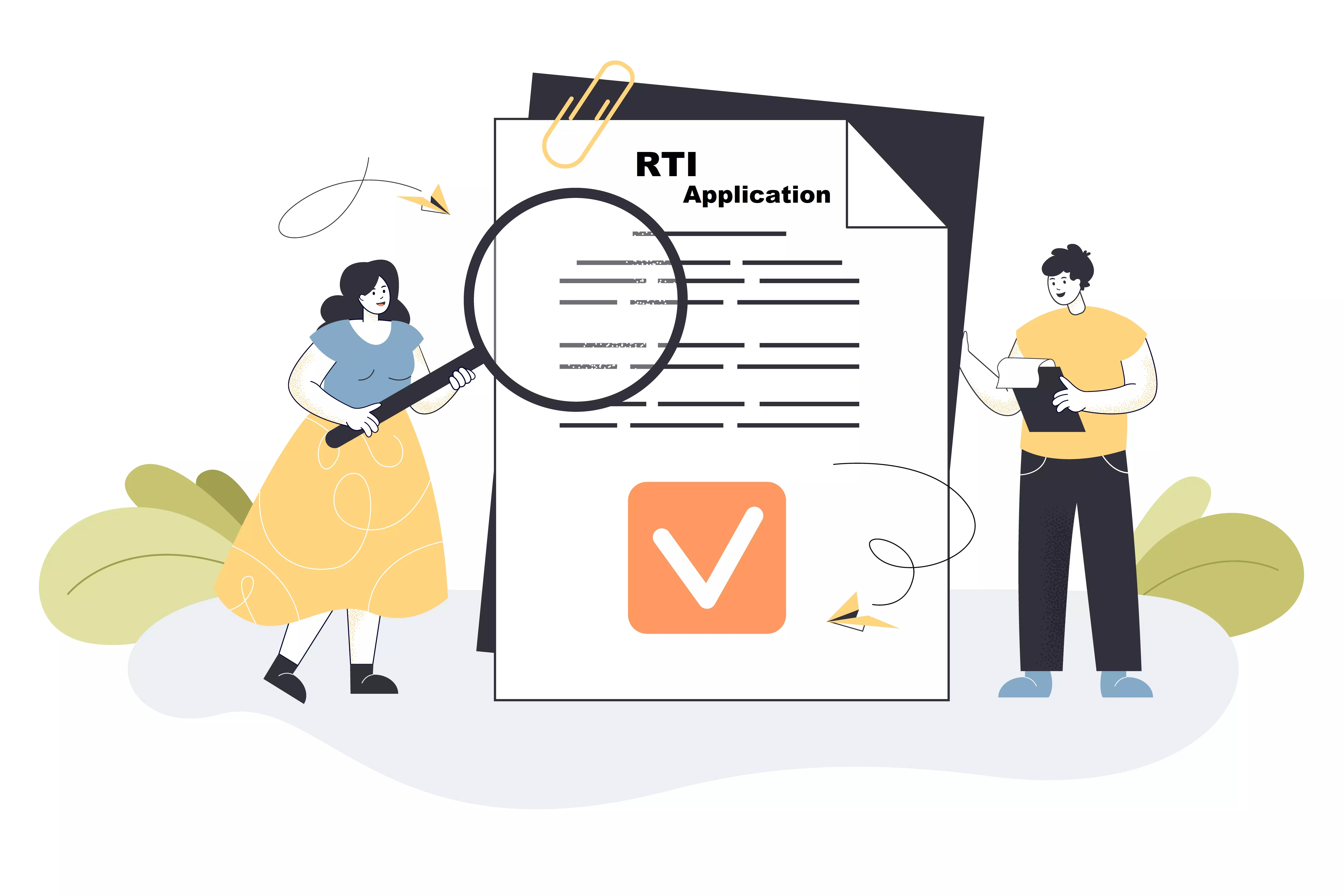Validity of Unlawful Activities (Prevention) Act (UAPA) is Not Restricted only to Terrorist Activities
Validity of Unlawful Activities
(Prevention) Act UAPA is Not Restricted only to Terrorist Activities
The Unlawful Activities (Prevention) Act, 1967 (UAPA) is an
Indian law aimed at preventing unlawful activity associations in
India. Its main objective was to make powers available for dealing with
activities directed against the integrity and sovereignty of India
The UAPA has been amended several times since its enactment,
most recently in 2019, to include provisions related to terrorist activities,
terrorist organisations, forfeiture of proceeds of terrorism, and designation
of individuals as terrorists
The UAPA is often referred to as the “Anti-terror law” and has
been criticised for being draconian, vague, and violative of human
rights However, the validity of the UAPA is not restricted only to
terrorist activities. The UAPA also covers other unlawful activities that may
not amount to terrorism but are still detrimental to the national security and
unity of India.
According to Section 2(o) of the UAPA,
unlawful activity means any action taken by any individual or association,
whether by committing an act or by words, either spoken or written or by signs
or by visible representation or otherwise,
(i) which is intended, or supports any claim,
to bring about, on any ground whatsoever, the cession of a part of the
territory of India or the secession of a part of the territory of India from
the Union, or which incites any individual or group of individuals to bring
about such cession or secession; or
(ii) which disclaims, questions, disrupts or
is intended to disrupt the sovereignty and territorial integrity of India; or
(iii) which causes or is intended to cause
disaffection against India.
Therefore, any activity that falls within the
ambit of this definition can be considered unlawful under the UAPA, regardless
of whether it involves violence, terror, or any other criminal offence. The
UAPA empowers the central government to declare any association as unlawful if
it is satisfied that such association is involved in, or has for its object,
any unlawful activity.
The UAPA also prescribes various offences and
penalties for being a member of an unlawful association, dealing with funds of
an unlawful association, contravening an order made in respect of a notified
place used for unlawful activities, and engaging in any unlawful activity.
These offences are cognizable and non-bailable and carry imprisonment ranging
from two years to life.
The UAPA also provides for the constitution of
special courts and special procedures for the trial of offences under the act.
The UAPA also imposes certain restrictions on the grant of bail and the
admissibility of evidence in such cases.
Thus, it is clear that the UAPA is not limited
only to terrorist activities, but also covers a wide range of unlawful
activities that may pose a threat to the national security and unity of India.
The UAPA is a powerful tool in the hands of the government to curb such activities,
but it also raises serious concerns about its potential misuse and abuse
against dissenting voices and vulnerable groups.
FAQs with answers on the Unlawful Activities (Prevention) Act
Q: What is the Unlawful Activities (Prevention) Act?
A: The Unlawful Activities (Prevention) Act, 1967 (UAPA) is an
Indian law that aims to prevent and punish unlawful activities that threaten
the sovereignty, integrity, and security of India. The UAPA covers both
terrorist and non-terrorist activities that are deemed unlawful under the act
Q: What are the main provisions of the UAPA?
A: The UAPA empowers the central government to declare any
association or individual as unlawful or terrorist and to forfeit their
properties and assets. The UAPA also prescribes various offences and penalties
for being involved in or supporting any unlawful or terrorist
activity. The UAPA also provides for special courts and procedures for the
trial of such offences, with certain restrictions on bail and evidence
Q: How has the UAPA been amended over time?
A: The UAPA has been amended several times
since its enactment, most recently in 2019, to include more provisions related
to terrorism. Some of the major amendments are:
In 2004, the UAPA was amended to incorporate the provisions of
the repealed Prevention of Terrorism Act, 2002 (POTA), such as defining
terrorist acts, terrorist organisations, and terrorist gangs, and prescribing
punishments for them.
In 2008, the UAPA was amended to widen the definition of
terrorist acts, to include acts that threaten the economic security of India,
such as counterfeiting currency or banknotes, and acts that involve weapons of
mass destruction.
In 2012, the UAPA was amended to make it compatible with
international standards and conventions on combating terrorism, such as the UN
Security Council Resolution 1373 and the Financial Action Task Force
recommendations. The amendment also introduced provisions for the seizure and
attachment of cash related to terrorism.
In 2019, the UAPA was amended to empower the central government
to designate individuals as terrorists, without any prior judicial
process. The amendment also enhanced the powers of the National
Investigation Agency (NIA) to investigate and prosecute offences under the act
Q: What are the criticisms of the UAPA?
A: The UAPA has been criticised for being
vague, draconian, and violative of human rights, as it gives wide powers to the
government and the police, and curbs the civil liberties and rights of the accused.
Some of the criticisms are:
The UAPA allows for preventive detention of up to 180 days
without a charge sheet, which violates the right to a speedy trial and
presumption of innocence.
The UAPA imposes a stringent burden of proof on the accused, who
has to prove his or her innocence, rather than on the prosecution, who has to
prove his or her guilt.
The UAPA restricts the grant of bail to the accused, even if
there is no prima facie evidence against him or her unless the court is
satisfied that he or she is not guilty of the offence.
The UAPA allows for the admissibility of evidence collected
through intercepted communications, which may infringe on the right to privacy
and fair trial.
The UAPA empowers the government to declare any association or
individual as unlawful or terrorist, without any prior judicial process or
hearing, which may lead to arbitrary and excessive use of power.
· The UAPA does not provide for any independent review or oversight mechanism to check the abuse or misuse of the act by the authorities












Comments
Post a Comment
Thanks, For Your Valuable Comment